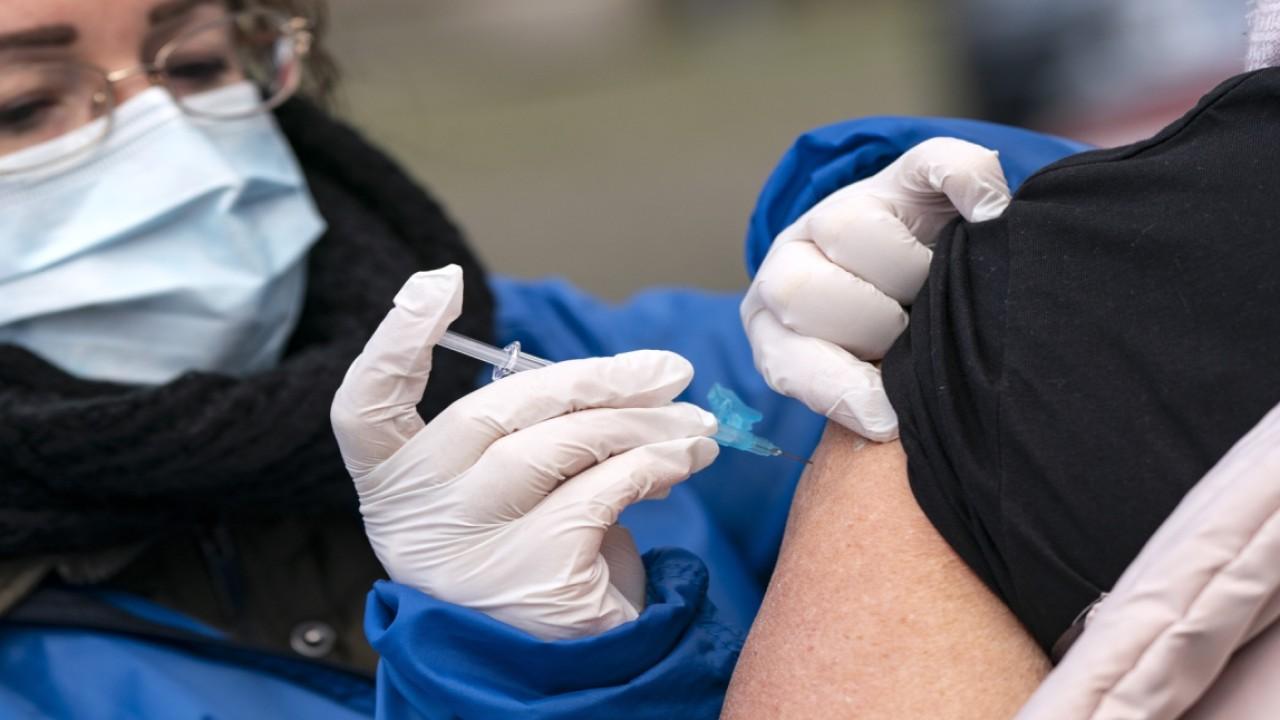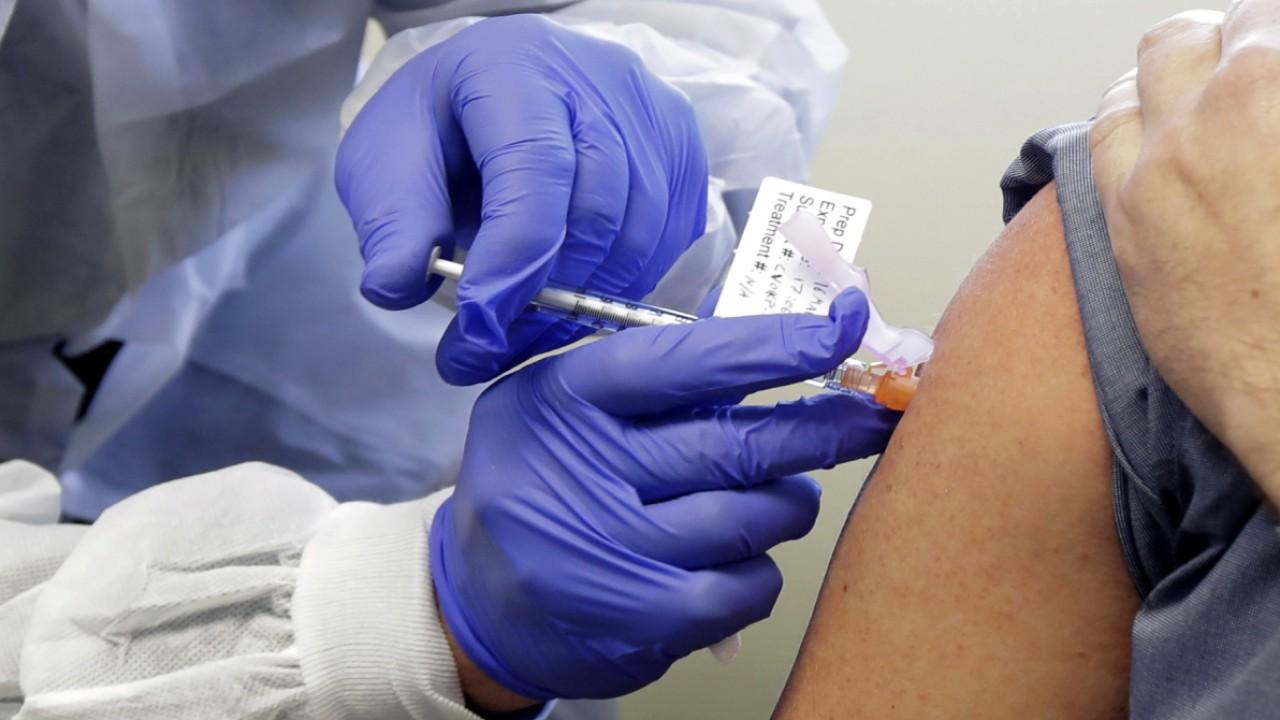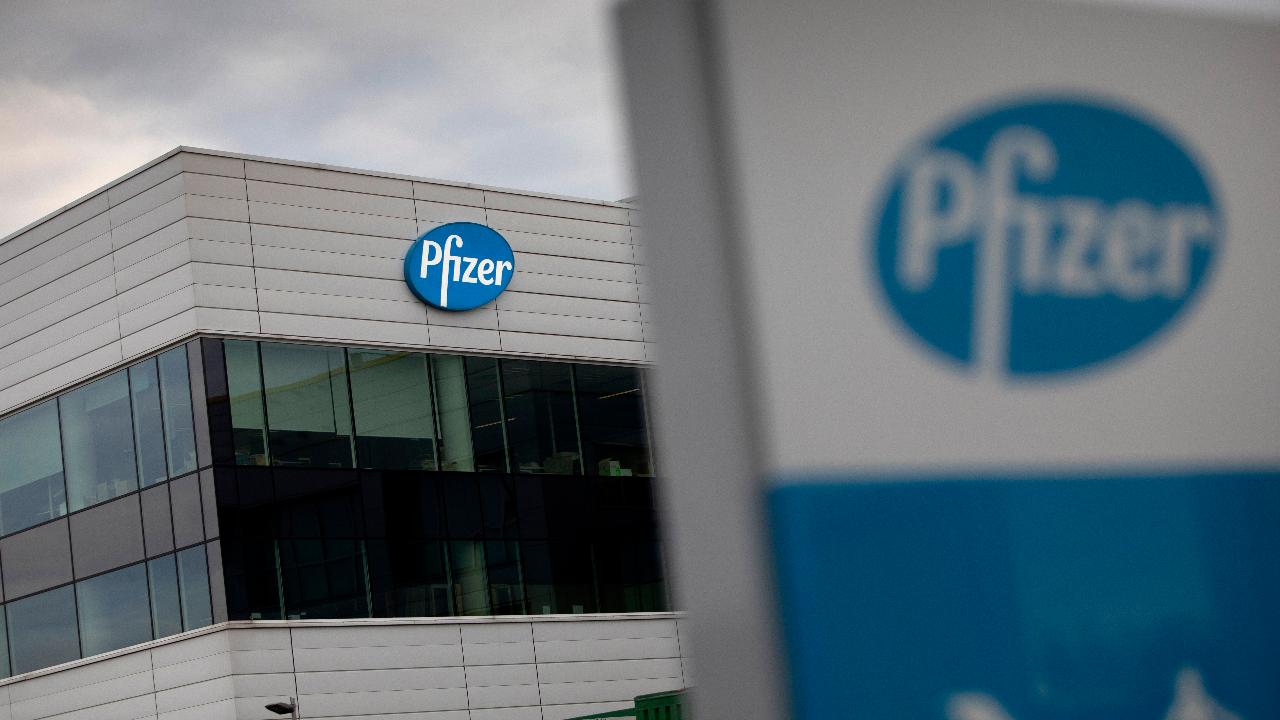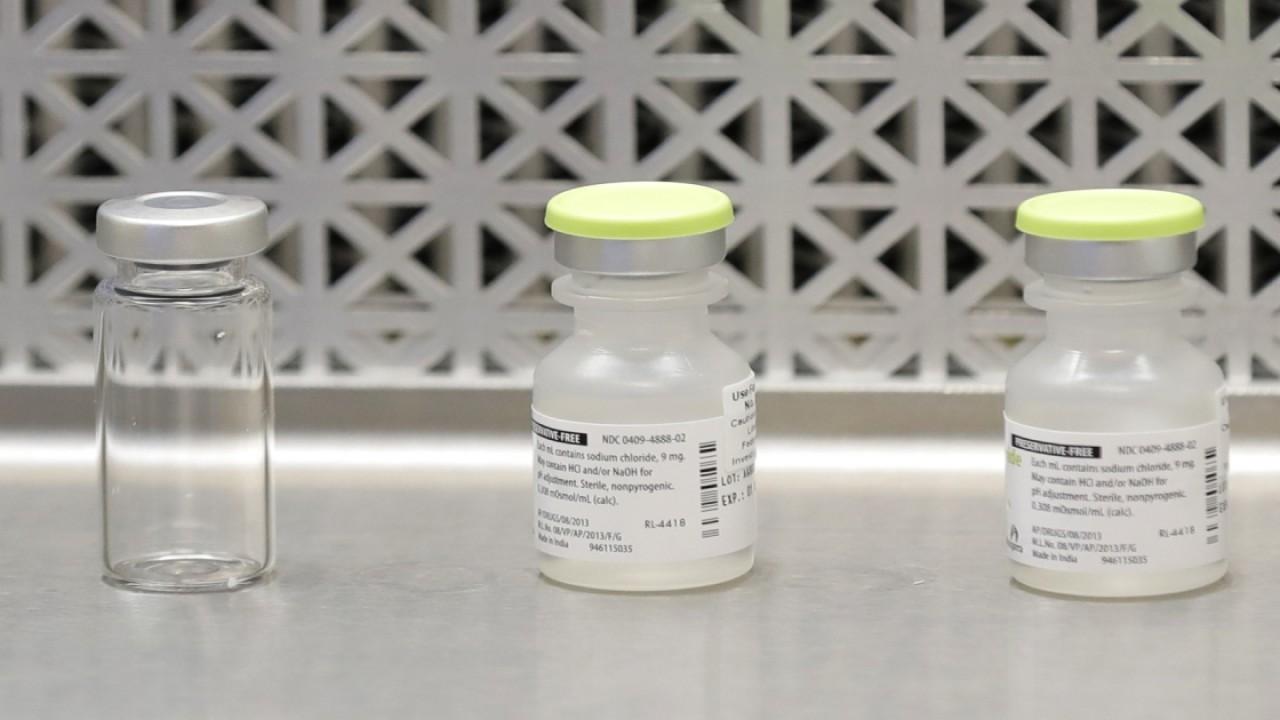A coronavirus vaccine is coming yet many say they won't get it although they want COVID to end. What gives?
Behavior around vaccines—like other behaviors—are less likely to be influenced by an abundance of facts about the vaccine or the pandemic
With COVID-19 cases surging across the country, the rapid approval and distribution of a vaccine seems at the onset to be a light at the end of a dark tunnel. Based on numbers provided by Moncef Slaoui, Operation Warp Speed's scientific leader and someone who spent nearly 30 years making vaccines at GlaxoSmithKline, up to a quarter of the U.S. population could be inoculated by spring. But what if almost half of Americans refuse to take it?
Based on a recent survey from STAT and The Harris Poll, just 58% of Americans would take a COVID vaccine as soon as it is available, down from 69% in mid-August.
Even for the people who stated that they intend to take the vaccine, research shows there is often an intention-behavior gap between what people state and what they actually do, with our intentions often being grossly overestimated.
With more than 245,000 lives lost so far in the U.S., the fact that people may not take a proven vaccine presents a real challenge. New York Times columnist Andrew Ross Sorkin called this “the greatest behavioral science challenge of our time.”
NOT JUST COVID: NURSING HOME NEGLECT DEATHS SURGE IN SHADOWS
So why are Americans reluctant to take a vaccine, and what can be done to address it? To understand, we turned to behavioral science for the answer.
Despite the fact that all four of the major pharmaceutical companies in late-stage trials have released their blueprints for safety in a rare display of transparency, the average individual does not sit at home poring over research to inform their decisions.
Behavior around vaccines—like other behaviors—is less likely to be influenced by an abundance of facts about the vaccine or the pandemic. Instead, behaviors are driven by an interplay of three forces: beliefs, goals, and nudges to act.
Our beliefs are influenced by cultural norms, past experiences and broader perceptions of the world and they drive our behavior in surprising ways.
Research shows that beliefs can defy logic and still drive behavior. In a study by our Yale colleague Shane Frederick, a group of respondents was asked, “How many murders were there last year in Michigan?” While another group was asked, “How many murders were there last year in Detroit?”
To get vaccinated, people need to believe it will help them to attain their salient goal.
Logically, we know that there cannot be fewer murders in all of Michigan than in Detroit alone, but the median estimate by respondents of the number of murders was significantly higher for Detroit than it was for the entire state of Michigan.
BECAUSE OF CORONAVIRUS, MORE SENIORS WANT IN-HOME CARE: BUT WHERE ARE THE CAREGIVERS?
In the case of a COVID vaccine, people’s beliefs are not shaped by direct experience, but instead may be influenced by perceptions of the process. Even the name “Operation Warp Speed” or President Trump’s statement that the development is “five times faster” than any vaccine development in history, could cue perceived tradeoffs in the safety of the vaccine, given that speed has been associated with perceived tradeoffs in other areas such as accuracy, safety in driving, and quality.
Because negative beliefs may be based on associations or experiences unrelated to COVID, they can be difficult to overcome, but highlighting, for example, that doctors and nurses are taking it could serve as a safety cue to help overcome these psychological barriers.
A second force that drives behavior is an individual’s motivation or goals. Psychological research on goals shows that while people may have multiple goals, such as health, belonging, and achievement, only one or two of these can be active at any one time. And the active goal has the greatest impact on behavior.
Policymakers need to determine which goals are active when people think about getting the COVID vaccine. There could be goals around ending the lockdown, protecting one’s self and one’s family from getting sick, doing one’s part in helping to end the pandemic, and others.
To get vaccinated, people need to believe it will help them to attain their salient goal. Messaging to promote vaccine adoption should align to goals that have been tested in market research to resonate with both blue and red America.
GET FOX BUSINESS ON THE GO BY CLICKING HERE
Finally, a third force that can be used to influence vaccine uptake is nudges. Decades of research popularized in Daniel Kahneman’s classic book "Thinking Fast and Slow" suggests that appealing to the brain’s System 1 or “fast thinking,” can have a disproportionate impact on behavior. Policymakers can use proven systematic methods for appealing to System 1, such as using social norms, increasing tangibility, and planning.
What is clear from behavioral science is that relentlessly promoting the science or facts around vaccines is much less likely to influence vaccination than learning what people are already thinking and feeling (their beliefs and goals), addressing barriers and designing nudges that can make it easier for individuals to take action.
Ravi Dhar is the George Rogers Clark Professor of Management and Marketing and Director of the Center for Customer Insights at the Yale School of Management. Jennie Liu is a Lecturer in the Practice of Management at the Yale School of Management and the Executive Director at the Yale Center for Customer Insights.
Nathan Novemsky is Professor of Marketing in the Yale School of Management and has an appointment as Professor of Psychology in the Department of Psychology at Yale University.























